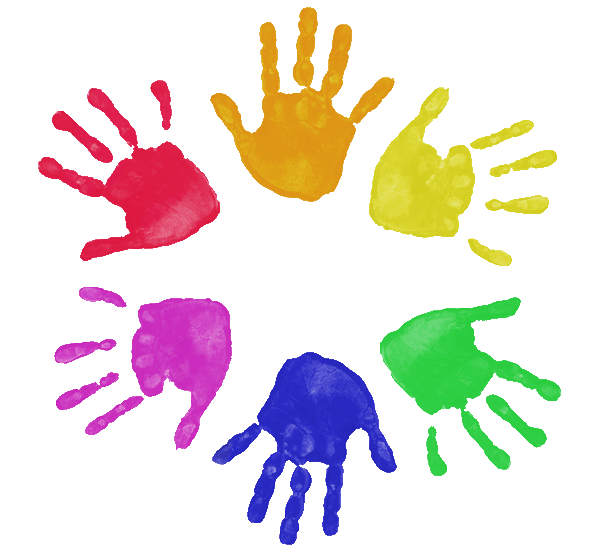Speech & Language Development
This list represents both speech and language and social skills developmental milestones. If your child demonstrates several of the following it is recommended that he/she is evaluated as soon as possible to avoid any further delays.
Birth to 2 months 3 to 5 months
5 to 7 months 7 to 9 months
9 to 12 months 12 to 15 months
15 to 18 months 18 to 24 months
24 to 33 months 33 to 36 months
Birth to 2 months:
- Does not cry when hungry or uncomfortable
- Does not make comfort sounds or sucking sounds
- Cry does not vary in pitch, length and volume to indicate different needs
- Difficulty establishing/maintaining a rhythmical suck/swallow pattern
- Significant loss of breast milk/formula out of side of mouth during feeding
- back
3-5 Months:
- Vocalizes separately from body movements (sound is not a response to body movement)
- Inability to establish or maintain face to face communication during feeding
- Does not vocalize in response to sound stimulation
- Has not begun to laugh by 5 months in response to play
- Difficulty with feedings such as above
5-7 Months:
- Does not babble during play or in response to stimulation (may suggest a hearing problem)
- Does not use voice to vocalize attitudes other than crying
- Does not respond to sound stimulation (indicative of hearing problem)
- Difficulty with swallowing early solids or other feeding issues
7-9 Months:
- Does not look toward sounds or own name
- Is not babbling double consonants (bababa…)
- Difficulty with textures in foods (gagging, chocking, etc.)
- Is unable to participate in conversations with adults using babbling noises
- Does not say “mama” or “dada” nonspecifically
- Does not use different inflections to produce exclamations
9-12 Months:
- Is unable to successfully eat early finger foods or munch/bite on foods
- Cannot babble single consonants such as “ba” or “da”
- Does not respond to words/language appropriately
- Does not experiment with language when playing independently
- Does not participate in conversations by responding with vocalizations
12-15 Months:
- Does not use inflection during vocalization
- Is not experimenting with language during play
- Is not using 1-3 words spontaneously while repeating additional words
- Does not vocalize or gesture to communicate needs
- Is not using “no” emphatically and meaningfully
- Is not using exclamatory expressions such as “Oh-oh”, “No-no”, “Ta-da”, etc.
15-18 Months:
- Is not attempting to sing songs
- Cannot use 10-15 words spontaneously
- Is not using vocalization in conjunction with gestures
- Does not use language to communicate needs
- Is not repeating sounds or words or imitating environmental sounds
- Is not jabbering tunefully during play
- Continues to demonstrate eating problems (swallowing issues, choking, etc.)
18-24 Months:
- Is not using jargon with good inflection
- Cannot label 2-4 pictures while looking at a book
- Is not putting 2-4 words together to form short sentences or communicate needs
- Does not understand nouns, verbs and modifiers and their uses
- Is not using intelligible words to communicate needs
- Cannot imitate 2-4 word phrases
- Does not relay experiences using jargon, words and/or gestures
24-33 Months:
- Cannot sing phrases of songs
- Is not using three word sentences
- Is not using a wide range of consonant and vowel sounds
- Does not use past tense words (“He runned”)
- Is not expressing frustration at not being understood
- Does not use up to or more than 50 expressive words
- Is not imitating phrases or experimenting with new words
33-36 Months:
- Is not responding to questions when asked things
- Is not producing correct beginning sounds of words
- Is having a hard time understanding prepositions
- Is not speaking in complete sentences
- Does not use plurals to refer to more than one (even if not correct)
- Is not participating in storytelling
- Does not have expressive vocabulary of 200-1000 words
- Is not using expressive vocabulary to communicate all needs
- Is not using sentences to communicate
